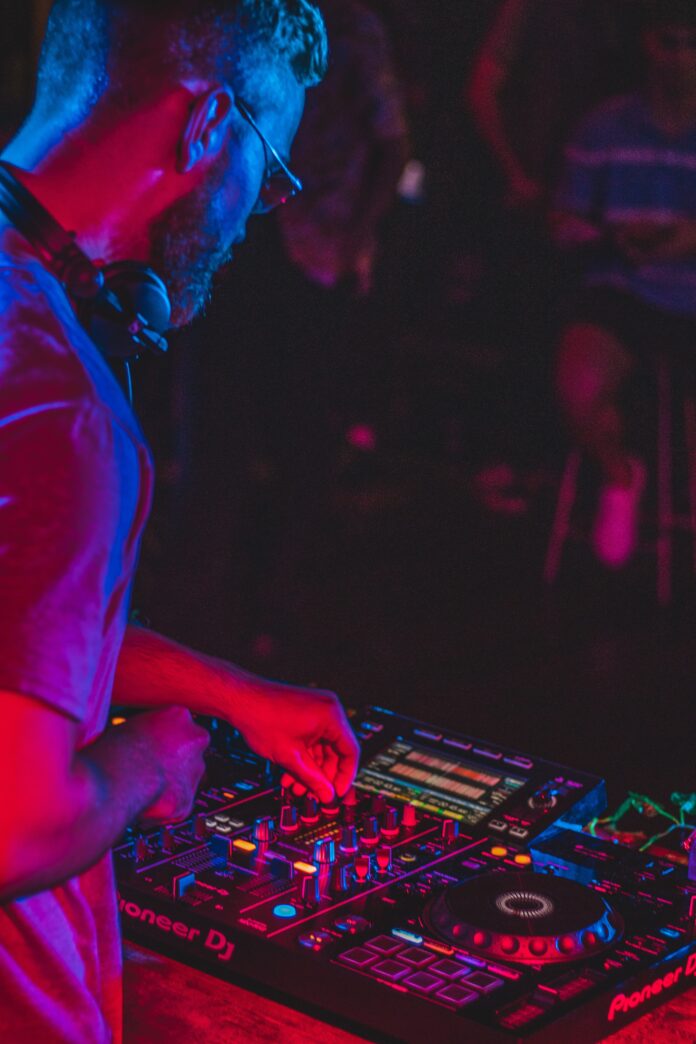The Future of the Voice-Over Industry: Casting, Concerns & Community Predictions
The voice-over industry has seen significant growth and evolution in recent years, thanks to technological advancements, changing consumer habits, and increased demand for audio content. As we look to the future, several factors will shape the industry’s trajectory, including casting practices, emerging concerns, and predictions within the voice-over community. In this article, we will explore these aspects and provide insights into the future of the voice-over industry.
- Casting Practices: Embracing Diversity and Inclusion
One of the most significant changes expected in the future of the voice-over industry is a stronger emphasis on diversity and inclusion. Casting practices are shifting to reflect a more representative range of voices, allowing for broader storytelling and improved audience engagement. There is a growing recognition of the importance of authentic representation, giving opportunities to underrepresented communities, and breaking away from traditional stereotypes.
Casting directors and clients are increasingly seeking out voices that reflect the diversity of their target audience. This includes voices from different ethnicities, genders, age groups, and backgrounds. The future of the industry will see a continued effort to create more inclusive and authentic narratives through casting decisions.
- Concerns over Automation and Artificial Intelligence
As technology advances, there is a concern among voice-over artists about the potential impact of automation and artificial intelligence (AI) on the industry. Text-to-speech algorithms and AI-driven voice synthesis have made significant strides, enabling the creation of lifelike voice replicas without the need for human voice-over artists.
While AI can offer convenience and cost savings for certain applications, it currently falls short in capturing the nuanced performances and emotional depth that human voice actors bring to their work. However, it is important for voice-over artists to stay informed about technological advancements and adapt their skills and services accordingly to remain competitive in the evolving landscape.
- Remote and Global Collaboration
The COVID-19 pandemic accelerated the adoption of remote work practices in the voice-over industry. Remote recording sessions and collaborations became the norm, enabling voice-over artists to work with clients from around the world without the need for physical proximity. This trend is likely to continue in the future, allowing for greater global collaboration and expanding opportunities for voice-over artists to work on international projects.
Remote work also presents challenges and opportunities for artists. While it offers flexibility and access to a wider range of projects, it requires artists to have the necessary home studio setup, technical proficiency, and the ability to self-direct and produce high-quality recordings.
- Industry Community and Collaboration
The voice-over industry thrives on collaboration, networking, and building relationships. The future will see an even greater emphasis on community engagement and support. Voice-over artists are increasingly joining online communities, attending virtual conferences, and participating in forums and social media groups to connect with fellow professionals, share experiences, and seek guidance.
These communities provide platforms for learning, mentorship, and the exchange of industry insights. They also foster a sense of belonging and help combat the isolation that can come with working remotely. Collaboration within the industry will become increasingly important as voice-over artists partner with other professionals, such as directors, producers, and sound engineers, to create high-quality and engaging content.
- Specialization and Niche Markets
With the growing demand for audio content across various industries, there is an opportunity for voice-over artists to specialize in niche markets. Voice-over artists with unique voice qualities, language skills, or subject matter expertise will find themselves in high demand.
Specialization allows voice-over artists to carve out a distinct brand and develop expertise in specific genres or industries. By positioning themselves as experts in their niche, artists can attract clients looking for specialized voices that align with their project requirements.
- Continued Learning and Adaptability
The voice-over industry is constantly evolving, and voice-over artists
 RADIO PREMIUM
RADIO PREMIUM 
